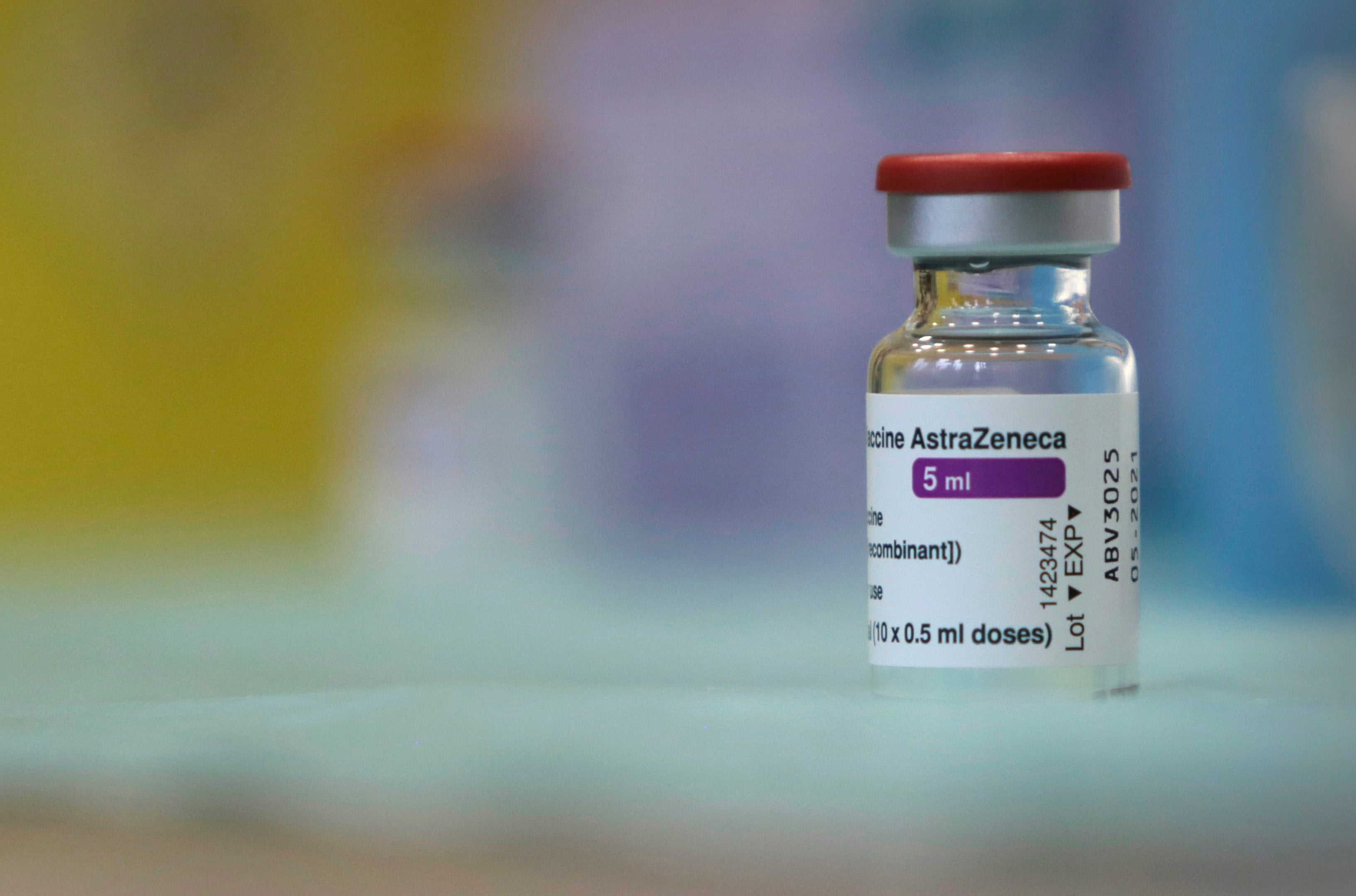UN: 'Concerning news' vaccines may not work against variants
The head of the World Health Organization says the emergence of new COVID-19 variants has raised questions about whether or not existing vaccines will work, calling it “concerning news” that vaccines developed so far may be less effective against the variant first detected in South Africa

Your support helps us to tell the story
From reproductive rights to climate change to Big Tech, The Independent is on the ground when the story is developing. Whether it's investigating the financials of Elon Musk's pro-Trump PAC or producing our latest documentary, 'The A Word', which shines a light on the American women fighting for reproductive rights, we know how important it is to parse out the facts from the messaging.
At such a critical moment in US history, we need reporters on the ground. Your donation allows us to keep sending journalists to speak to both sides of the story.
The Independent is trusted by Americans across the entire political spectrum. And unlike many other quality news outlets, we choose not to lock Americans out of our reporting and analysis with paywalls. We believe quality journalism should be available to everyone, paid for by those who can afford it.
Your support makes all the difference.The head of the World Health Organization said Monday the emergence of new COVID-19 variants has raised questions about whether or not existing vaccines will work, calling it “concerning news” that the vaccines developed so far may be less effective against the variant first detected in South Africa
Tedros Adhanom Ghebreyesus said at a media briefing that South Africa’s decision on Sunday to suspend its vaccination campaign using the AstraZeneca vaccine is “a reminder that we need to do everything we can to reduce circulation of the virus with proven public health measures.”
He said it was increasingly clear that vaccine manufacturers would need to tweak their existing shots to address the ongoing genetic evolution of the coronavirus, saying booster shots would most likely be necessary, especially since new variants of the virus are now spreading globally and appear likely to become the predominant strains.
Tedros added that WHO expected to make a decision “in the next few days” on whether it would recommend an emergency use listing for the AstraZeneca vaccine. That designation would allow millions of doses to be shipped to poor countries as part of a U.N.-backed effort to distribute COVID-19 vaccines worldwide known as COVAX.
Last week, Tedros said that more than three quarters of COVID-19 vaccines had been administered in just 10 countries and that immunization in nearly 130 countries had yet to start. Despite WHO's aim of starting COVID-19 vaccination in poor countries at the same time as wealthy countries, COVAX hasn't delivered any vaccine doses anywhere.
Dr. Soumya Swaminathan, WHO's chief scientist, said people shouldn't conclude from South Africa's decision that the AstraZeneca vaccine doesn't work. She said all of the available evidence to date shows the vaccines developed so far reduce deaths, hospitalizations and severe disease.
Other COVID-19 vaccines developed by Novavax, Pfizer and BioNTech and Johnson & Johnson also appear to be less effective against the strain first identified in South Africa, although they may prevent severe disease.
___
Follow all of AP’s pandemic coverage at:
https://apnews com/hub/coronavirus-pandemic
https://apnews com/hub/coronavirus-vaccine
https://apnews.com/UnderstandingtheOutbreak